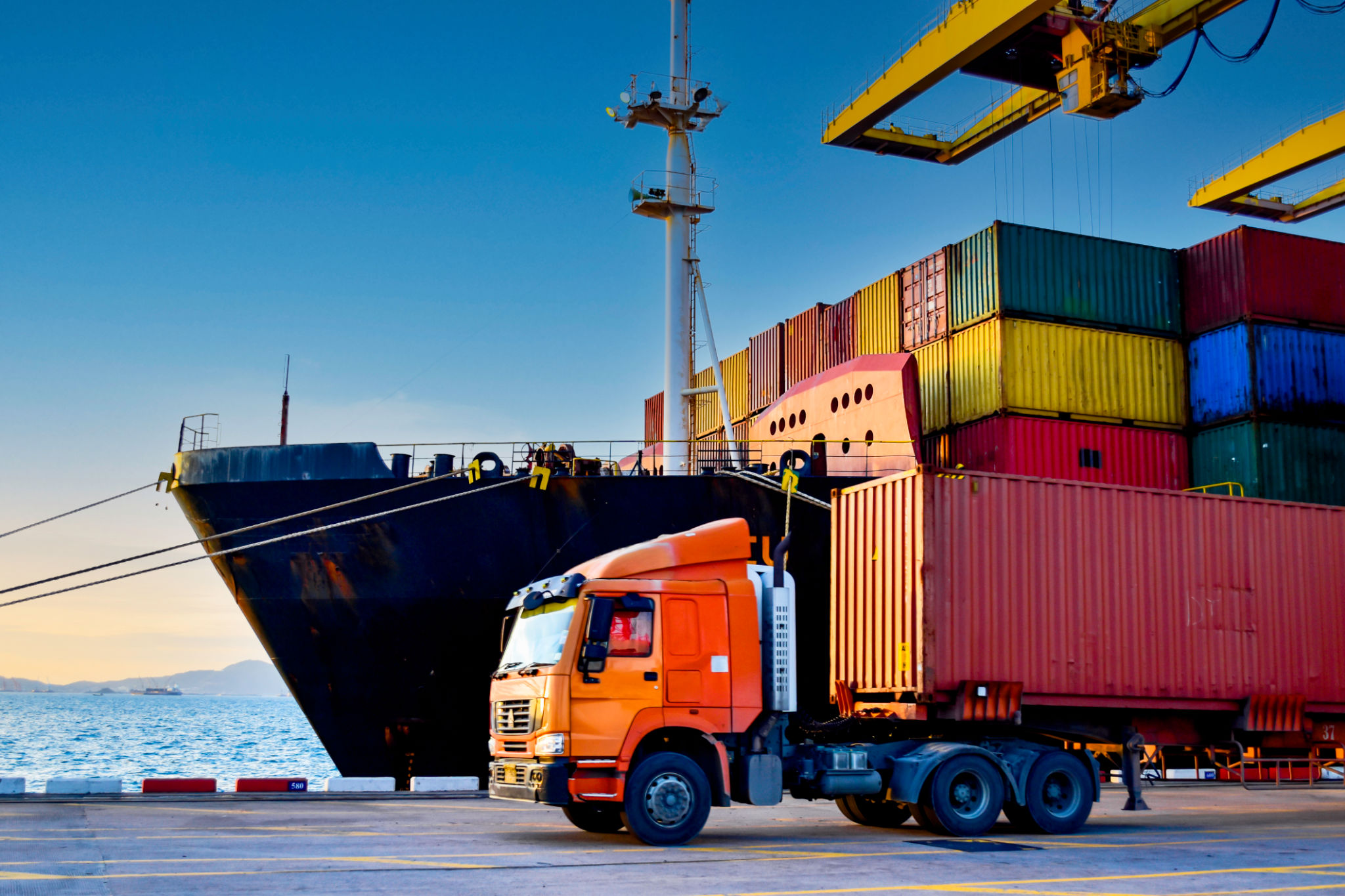Debunking Common Myths about Trucking and Freight Logistics
Understanding Trucking and Freight Logistics
Trucking and freight logistics are vital components of the global supply chain, yet they are often misunderstood. Many misconceptions surround this industry, leading to a lack of appreciation for its complexity and importance. In this blog post, we will debunk some common myths and present a clearer picture of the realities within trucking and freight logistics.

Myth 1: Trucking Is Just About Driving
A common myth is that trucking is merely about driving a vehicle from point A to point B. While driving is a crucial part of the job, it is far from the entire picture. Truckers must also ensure compliance with safety regulations, manage time effectively to meet delivery deadlines, and maintain the vehicle's condition. Additionally, they are often responsible for loading and unloading cargo, which requires physical strength and precision.
Myth 2: Freight Logistics Is Simple
The belief that freight logistics is straightforward is another misconception. In reality, it involves complex processes such as route planning, load optimization, and supply chain management. Logistics professionals must coordinate with multiple stakeholders, including suppliers, carriers, and customers, to ensure efficient and timely delivery. This requires a high level of organizational skill and strategic planning.

Myth 3: The Industry Is Not Technologically Advanced
Some people believe that the trucking and logistics industry lags in technology. However, the opposite is true. The industry has embraced technological advancements such as GPS tracking systems, automated freight matching platforms, and electronic logging devices. These innovations have significantly improved operational efficiency, safety, and transparency, transforming how the industry operates.
Myth 4: Only Large Companies Dominate the Market
Many assume that only large corporations dominate the trucking and freight logistics industry. While big players have a significant presence, small and medium-sized enterprises (SMEs) also play an essential role. These smaller companies often provide specialized services and cater to niche markets, offering flexibility and personalized solutions that larger firms may not provide.

The Importance of Sustainability
Sustainability is becoming increasingly important in trucking and freight logistics. There is a growing emphasis on reducing carbon emissions and implementing eco-friendly practices. Companies are investing in fuel-efficient vehicles and exploring alternative energy sources, such as electric trucks. This shift towards sustainability is not only beneficial for the environment but also helps reduce operational costs in the long run.
Embracing Diversity in the Workforce
Diversity is another area where misconceptions abound. The trucking industry is often perceived as male-dominated, but efforts are being made to attract a diverse workforce. Women, minorities, and younger generations are increasingly being encouraged to join the sector. This diversity fosters innovation and brings new perspectives, driving the industry forward.

Conclusion
Debunking these myths is crucial for understanding the true nature of trucking and freight logistics. By acknowledging the complexity, embracing technology, supporting SMEs, prioritizing sustainability, and fostering diversity, the industry can continue to thrive and evolve. As we move forward, it's important to appreciate the vital role this sector plays in keeping our economy moving smoothly.
